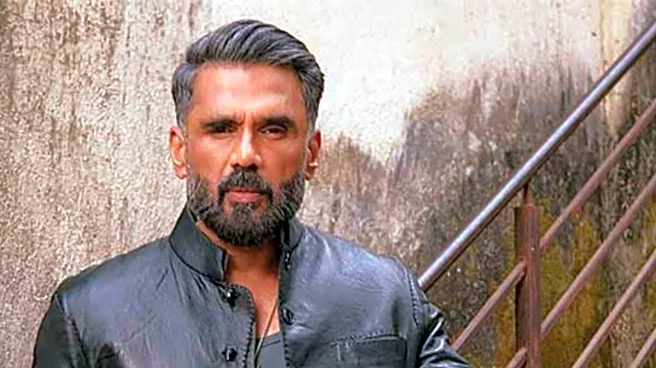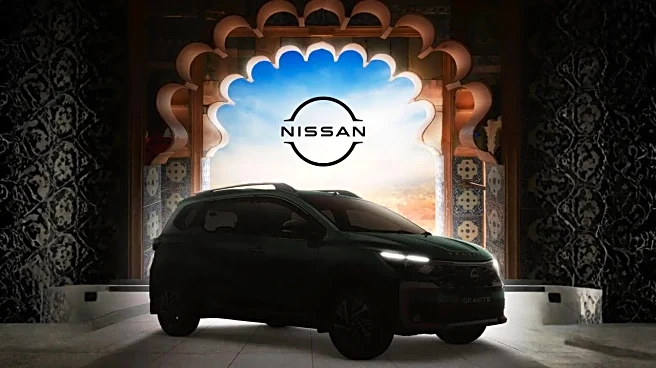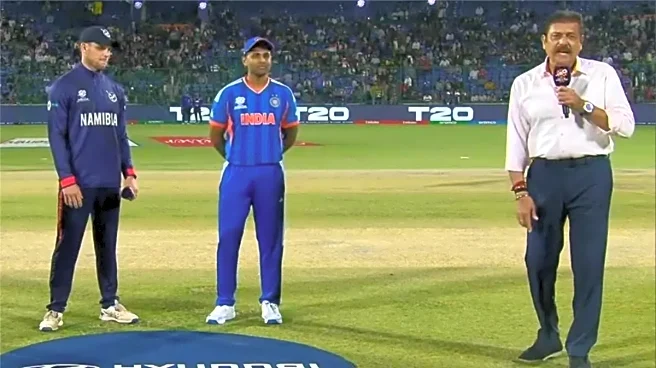Bollywood actor Suniel Shetty has moved to the Bombay High Court, seeking protection of his personality rights. While not much details about the actor’s plea are known as of now, Bar and Bench reported
on Friday that Shetty cited a viral deepfake picture with his grandchild in his appeal to the court.
“Bollywood actor Suniel Shetty moves the Bombay High Court for protection of his personality rights. The actor has stated that many social media pages and websites use his image to promote their business. The actor also cited an instance of a deep fake picture with his grandchild,” Bar and Bench stated.
In recent times, several celebrities, including Aishwarya Rai, Abhishek Bachchan, Amitabh Bachchan, Karan Johar and Akkineni Nagarjuna, also moved court to seek protection of their personality rights.
Earlier this month, the Bombay High Court issued an order protecting the unauthorised use of veteran playback singer Asha Bhosle’s personality rights. The court restrained various entities from misusing the personal attributes of the singer, like her name and images – even with the use of Artificial Intelligence (AI). It also stated that making AI tools available to replicate a celebrity’s voice without consent is a violation of their identity rights.
“Personality Rights of individuals, simply put, entail the right to control and protect the exploitation of one’s image, name, likeness or other attributes of the individuals’ personality, in addition to the commercial gains that can be derived from the same. Personality Rights can be located in the individuals’ autonomy to permit or deny the exploitation of the likeness of other attributes of their personality,” the Delhi High Court said while protecting Aishwarya’s rights.
What Are Personality Rights?
Personality rights refer to an individual’s legal entitlement to control the commercial and public use of their identity. They safeguard attributes that are uniquely linked to a person, such as their name, image, likeness, voice, signature, or even trademark catchphrases, from being exploited without consent.
These rights are often broken into two branches – the Right of publicity and the Right to privacy. The former protects against unauthorised commercial exploitation, such as using a celebrity’s face in advertisements. On the other hand, the right to privacy guards against intrusion into personal dignity, covering misuse through deepfakes, morphed images, fabricated endorsements, or intimate doctored content.







/images/ppid_59c68470-image-177090253948689009.webp)

/images/ppid_59c68470-image-177090263892442922.webp)
/images/ppid_59c68470-image-177090260766158912.webp)
/images/ppid_59c68470-image-17709025718378487.webp)